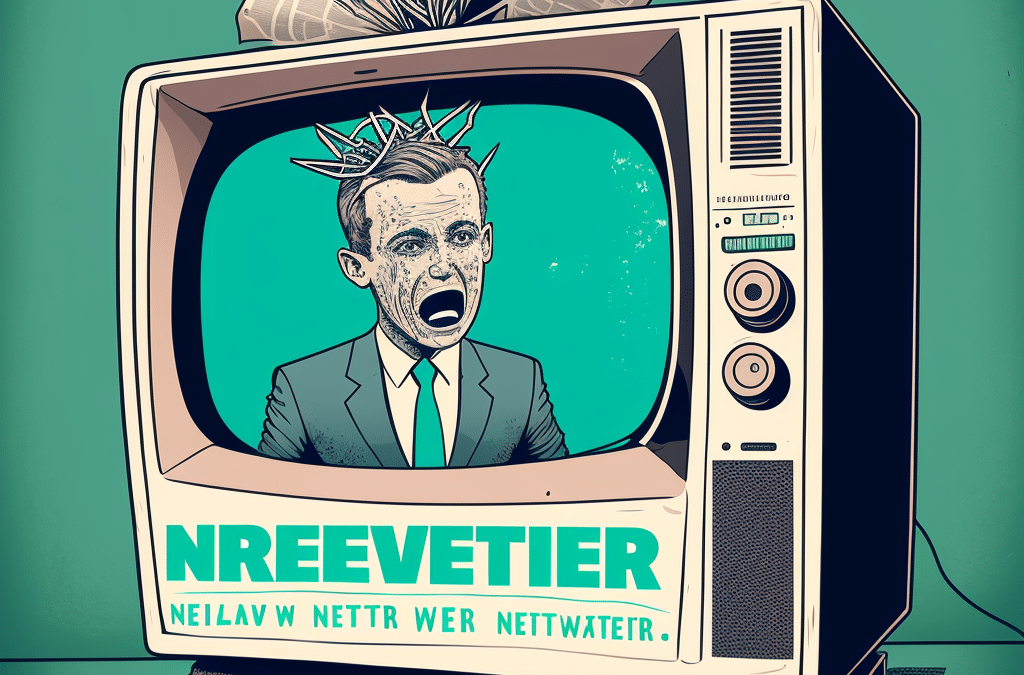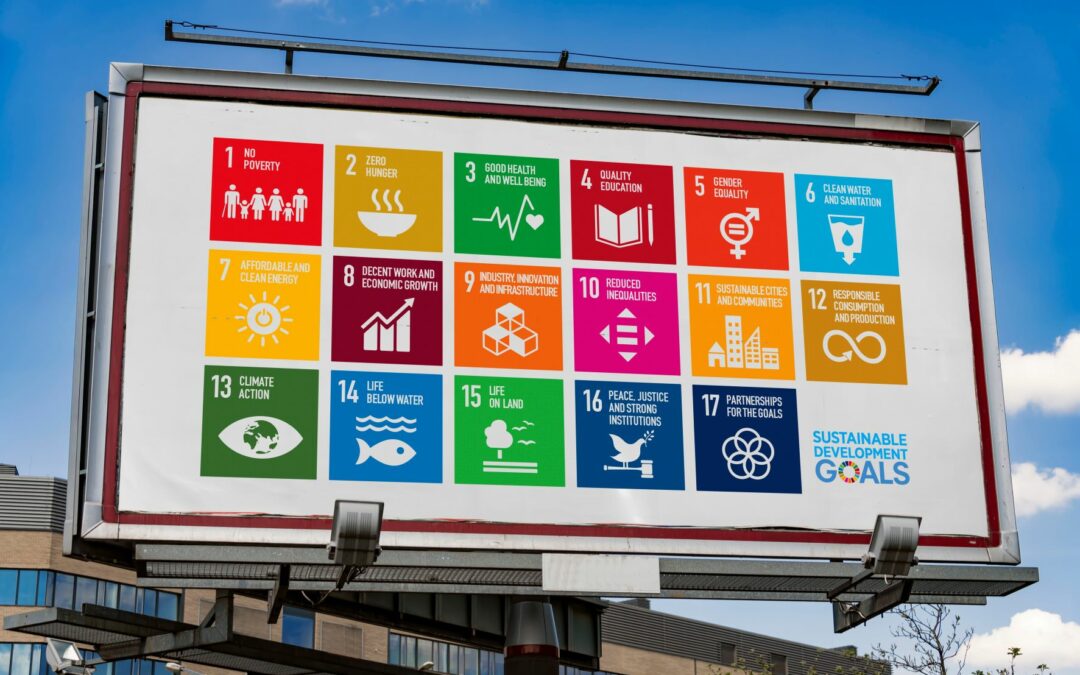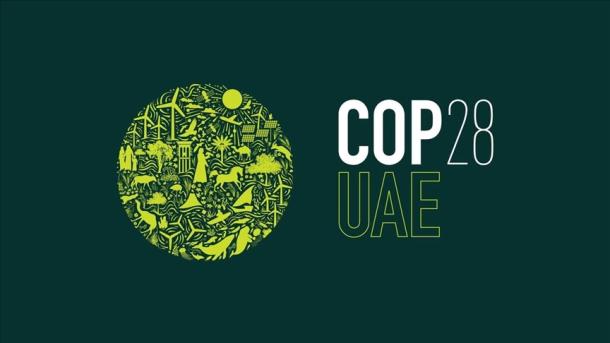Conflicts, misunderstandings, failures, and hidden agendas are part of the journey, she warns, and sustainability is not one single issue, but a complex of issues. But “collective leadership for sustainability can be learned and enhanced…helping leaders to implement “more outcome-oriented and constructive co-creation.”
Introduction
Anyone reading this book review is very likely to advocate “sustainability,” probably using the broad UN definition of 17 Sustainable Development Goals, and to be a member of one or more organizations advocating sustainability, peace, and/or robust response to climate change. In his uplifting Foreword, WAAS Fellow Ernst Ulrich von Weizsaecker starts off by summarizing the UN Secretary-General’s High-Level Panel of Eminent Persons on the Post-2015 Development Agenda, as regards “the central importance of a new spirit to guide a global partnership for a people-centered and planet-sensitive agenda, based on the principle of our common humanity.” (p.ix) The Panel urges five transformative shifts toward universal human rights and basic economic opportunities, sustainable development at the core of all development activities, transforming economies to provide jobs and inclusive growth, peace and good governance as core to human well-being, and forging a new global partnership. Together, these goals can be seen as “security and sustainability,” both broadly defined, based on the recognition that we cannot have one without the other.
Von Weizsaecker goes on to advocate reduced ecological footprints for rich nations, an increased Human Development Index for poor nations, stretching our thinking, pushing ourselves out of our comfort zone, evolution of our collective human consciousness as a complex and ever-shifting matrix, willingness to venture into the unknown, commitment to continuous learning, and “a more conscious process of sustained transformation.” But meeting the challenges of sustainability requires both an individual and a collective side.
“We need bold future thinkers who push us beyond the limits of our habitual thought, and we need better skills in collectively negotiating our path into the future.” (p.xi) This book is about the underappreciated “collective side,” by a Club of Rome member who has spent decades in promoting collective leadership. Petra Kuenkel argues that a necessary paradigm shift is gradually underway. The traditional leadership paradigm refers only to individuals and expansion of individual skills. But most challenges of sustainability require building the capacity of groups and systems to move issues of common concern forward. “We cannot travel the path toward sustainability in silos; instead we need to harness collective intelligence and let it complement individual expertise.” (p.34) Leading for sustainability requires leadership by many individuals toward a similar goal on a collective scale—what David Harries calls “leadingship.”
The full review is available here: The Art of Leading Collectively: Co-Creating a Sustainable, Socially Just Future.
First published in Eruditio, 2:2, Aug 2016, 134-138.
Authors:
Michael Marien: Senior Principal of the SSG and a Fellow of the World Academy of Art & Science, publisher of Cadmus and Eruditio. He founded and edited Future Survey, a monthly publication of the World Future Society (1979-2008). He wrote more than 20,000 abstracts of futures-relevant books, reports, and articles and has published more than a hundred articles in futures publications.
Michael Sales: Principal of the SSG, he is co-founder of Art of the Future consultants for uncertain times, co-creator of the Structural Dynamics Strategic Leadership Development Process, and co-author of Life-Sustaining Organizations. He served as co-chair of the Society for Organizational Learning, North America. Received an Ed.D. from Harvard University, for research in the field of Organizational Theory and Intervention Practice.




0 Comments